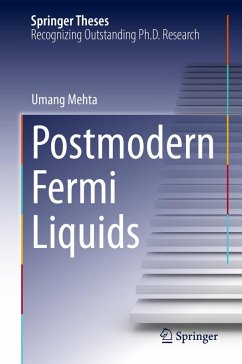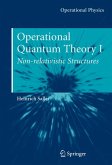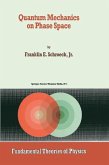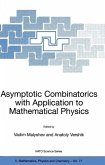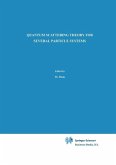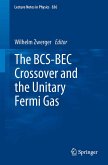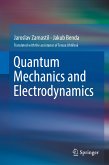This thesis develops a new approach to Fermi liquids based on the mathematical formalism of coadjoint orbits, allowing Landau's Fermi liquid theory to be recast in a simple and elegant way as a field theory. The theory of Fermi liquids is a cornerstone of condensed matter physics with many applications, but efforts to cast Landau's Fermi liquid theory in the modern language of effective field theory suffer from technical and conceptual difficulties: the Fermi surface seems to defy a simple effective field theory description. This thesis reviews the recently-developed formalism for Fermi liquids that exploits an underlying structure described by the group of canonical transformations of a single particle phase space. This infinite-dimensional group governs the space of states of zero temperature Fermi liquids and allows one to write down a nonlinear, bosonized action that reproduces Landau's kinetic theory in the classical limit. The thesis then describes how that Fermi liquid theory can essentially be thought of as a non-trivial representation of the Lie group of canonical transformations, bringing it within the fold of effective theories in many-body physics whose structure is determined by symmetries. After analyzing the benefits and limitations of this geometric formalism, pathways to extensions of the formalism to include superconducting and magnetic phases, as well as applications to the problem of non-Fermi liquids, are discussed. The thesis begins with a pedagogical review of Fermi liquid theory and concludes with a discussion on possible future directions for Fermi surface physics, and more broadly, the usefulness of diffeomorphism groups in condensed matter physics.
Dieser Download kann aus rechtlichen Gründen nur mit Rechnungsadresse in A, B, BG, CY, CZ, D, DK, EW, E, FIN, F, GR, HR, H, IRL, I, LT, L, LR, M, NL, PL, P, R, S, SLO, SK ausgeliefert werden.

